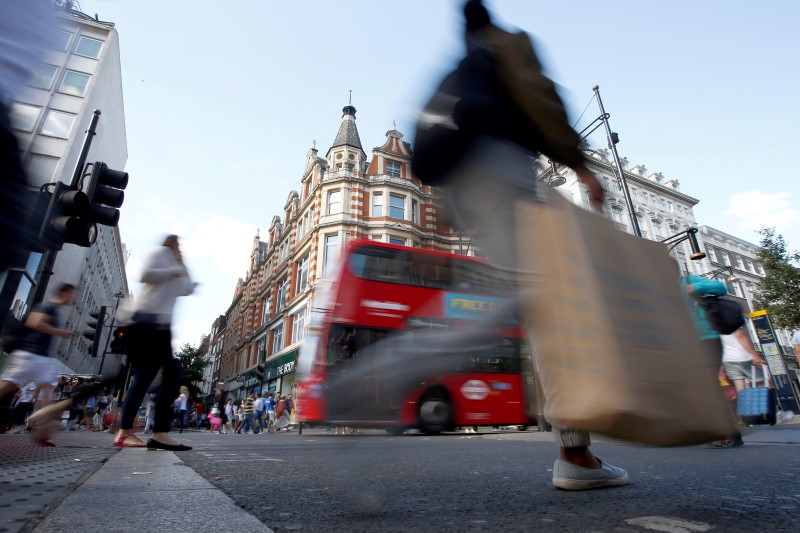Proactive Investors - The UK’s rate of inflation is the highest of the G7 major economies, with the biggest rise in energy prices and second largest increase in food prices.
Following the consumer price index (CPI) showing a 10.1% annual increase in March, the Office of National Statistics (ONS) has compared the figures with the six other nations in the group, the United States, Japan, Germany, France, Italy and Canada.
Britain's energy price increases were the largest of any G7 constituent, having reached 11.6% year-on-year in March.
This compares to single-digit rises in most major European countries and declining prices in the US and Canada.
“The regulation of utility prices in the UK explains why consumer prices were slower to react to changes in wholesale gas prices,” the ONS said.
Food price inflation was the second highest, only lower than Germany, of the advanced economies during March.
This fall for the other G7 countries, which includes Canada, the US, France, Japan, and Italy, was largely driven by a fall in global food commodity prices.
In March, the FAO world food price index, a tracker of import prices for items such as dairy and meat, marked a full year of consecutive falls.
The fact that the UK has not fallen in line with this index could be because of high transport and storage costs as well as companies having entered fixed-term contracts when prices were at their highest, the FAO believes.
These findings follow news that Barclays (LON:BARC) believes food inflation in the UK may have peaked.
UK grocery prices jumped by 17.2% annually in April and May, according to Kantar data, but the UK bank believes that falling energy and fertiliser prices will help reduce supermarket costs.
